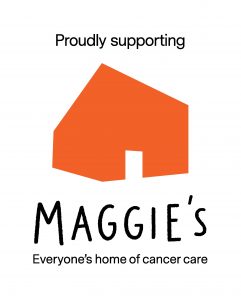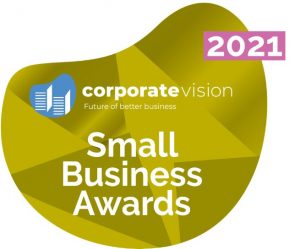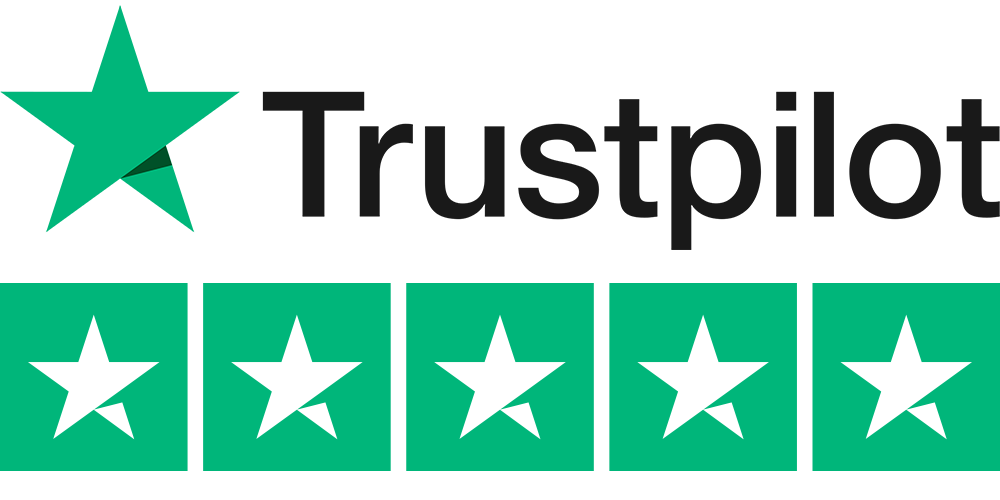After many delays the long-awaited review is meant to be published in May. With this being the case, we are going to examine the gambling industry in the UK and the effect it has on families and household income.
The size of the industry
At the time of writing, it is quite hard to judge the size of the industry due to it shrinking with the closures of betting shops during the pandemic. However, in 2019 the size of the gambling industry in the UK was £14.12 billion and the biggest online non-lottery-based gambling was on sport. What we are able to ascertain is that nearly one third of adults (32.2 %)
How big is the gambling problem in the UK?
There are various figures in circulation about the size of the problem in the UK. The conservative estimate from the gambling commission is 0.7% (approximately 464,800) of the population whereas a study conducted by the GambleAware charity, YouGov estimated that up to 2.7% of adults in Great Britain, or nearly 1.4 million people, were problem gamblers. Whichever figure you look at there is a number of people that are affected by gambling every year.
How does gambling affect problem gamblers?
Compulsive gambling can lead to credit card and bank debt, payday loans, debts owed to illegal moneylenders and debts owed to family, friends and work colleagues, and sometimes result in fraud and theft. The impacts for the gambler can range from homelessness, when mortgages or rent go unpaid, to job loss, to insolvency and bankruptcy when loans go unpaid. Less extreme impacts may simply be an inability to afford essential items such as food, transport and heating for the home, while new clothes, socialising and holidays may be the first things to go.
Moving on from the obvious the other thing that is often not taken into consideration is the extra burden that is placed on the partner of the person who is gambling. The partners of gamblers are usually women and to support the recovery of the gambler, they are often advised to take control of all the household finances, removing from the gambler their access to money. This places an administrative and emotional burden on ‘affected others’, whose own credit rating can be impacted for many years and who may have no idea how and when to pass back financial control. Often gambling harms cause relationships to breakdown between partners and within families, but the financial consequences for everyone can persist for many years after the ties are broken.
Self-exclusion
Self-exclusion means asking a gambling provider to exclude you from gambling with them for a length of time, usually between six and twelve months but this can be for up to five years for online gambling. All gambling providers in Britain must provide consumers with this option, allowing any customer who has followed the procedure to request self-exclusion to be refused service and prevented from gambling during this time period.
Gambling blocks
Many banks now offer the ability to limit spending on gambling. If you feel that you are spending too much money on gambling, you may want to consider blocking gambling payments with your bank.
They do this by blocking your bank account or debit card which stops the account from being used for gambling transactions.
You can’t use a credit card to pay for online or land-based gambling transactions.
It is still possible to use a credit card to pay for lottery tickets face to face in newsagents and supermarkets. The National Lottery won’t accept online payments and other lottery gambling operators won’t accept them either. If this is a problem, you can ask your credit card company to prevent transactions to these operators too.
A list of banks providing a gambling block can be found here:
Blocking Software
There are numerous providers of blocking software which will stop you accessing gambling sites on your phone, tablet, computer or other electronic devices. We recommend Gamban which blocks access to gambling applications and websites. There is an annual or monthly fee to Gamban, however, if you are an UK resident and sign up to ‘TalkBanStop’ Gamban is free.
When extra help is needed
For a lot of people their addiction has taken them beyond being able to help themselves and they need professional help.

Mental Health
There are an estimated 400 deaths a year due to gambling related suicide. Although not everyone that is struggling with gambling will end up committing suicide the number of suicides does emphasise the damage that a gambling addiction can do to your mental health. As well as the mental difficulties gambling can also cause other problems too, including placing strain on your personal relationships and putting your job at risk.
It is therefore important that if you are committed to tackling your gambling, that you address any mental health issues too. There are several of NHS clinics that specialise in helping people with gambling. Away from the NHS there are also private providers that can help with your mental health. We recommend Anonymind who provide free gambling addiction and recovery mental health services with 24/7 secure online therapy sessions, and residential support for assessment and treatment.
Help with Debt
If you are look at a slot machine you will see somewhere a pay out percentage. One at our local golf club says the pay out is 72% on average, which means that for every pound you put in you will get 72 pence back. This is a picture of how the gambling industry works, it entices you with the big win but if you gamble regularly enough the odds are that you will lose money and if this gets out of control you can find yourself in debt.
When to get debt help
If you’re not able to make repayments on debts and are behind on your bills, now is the time to get free debt advice. Ignoring it, is only going to make the matter worse, and trying to win the debt back is the worst thing you can do.
We suggest talking to a debt specialist who will help you to find ways to manage your debts. It’s a good idea to let them know that your debt is a result of gambling as they’ll be able to offer tailored advice and solutions for you and your situation.
How can I protect my family from debt caused by my gambling?
Gambling, and its financial impact, can significantly affect yours and your family’s health and wellbeing.
But if you gamble and it’s causing problems financially, it’s important to get advice. Especially if:
- you have a joint credit card or loan with your partner
- you have a joint benefit claim and you get the money
- you own your home jointly with your partner.
Having separate accounts for both current account and credit cards can help to protect a partner’s finances.
It might be worth considering cancelling or removing your access to joint accounts. Also, making sure you don’t have access to a large amount of money without your partner’s knowledge. For example, through re-mortgaging your home or taking out a loan.
Talk to your bank or credit provider about any other measures they can put in place to support you.
More help can be found with Citizens Advice.
Can I get an Individual Voluntary Arrangement (IVA) to help clear my debts?
An Individual Voluntary Agreement – commonly known as an IVA – is a legally binding arrangement between you and your unsecured creditors. You agree to a single consolidated affordable monthly repayment typically of at least £90.00 a month over a period of time —usually five years. After that, any unsecured debts you haven’t been able to repay are written off.
There are many things to think about before you take out an IVA. And it’s important to remember that there are other ways you could deal with your debts.
It’s always best to talk things through with an experienced debt specialist as the solution that’s best for you depends on your own personal circumstances.
If you want to talk to someone about your debts then give us a call on: 0800 254 5112





